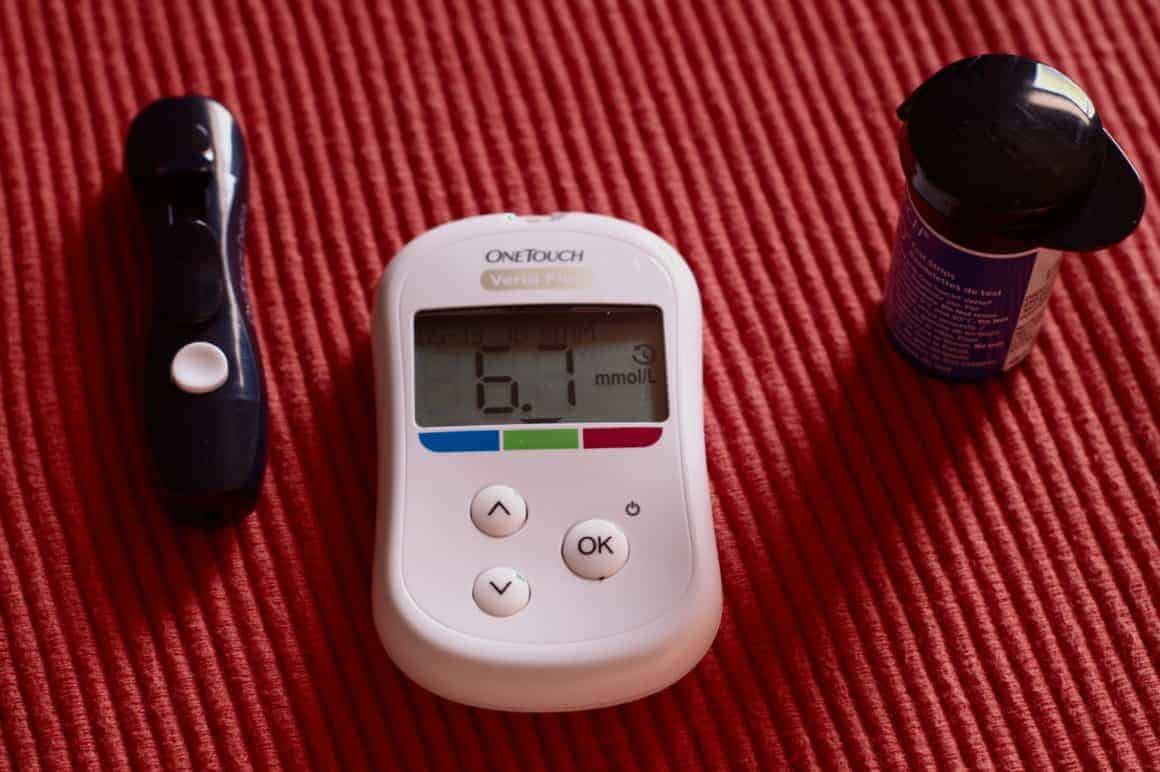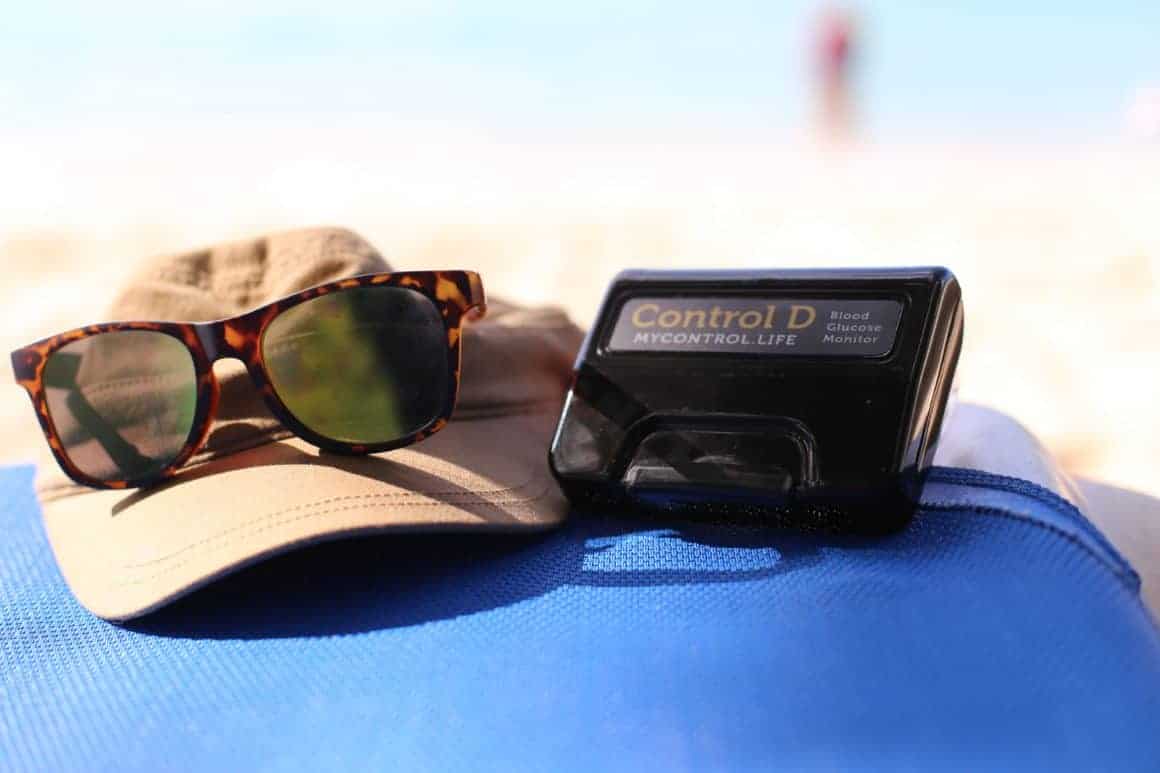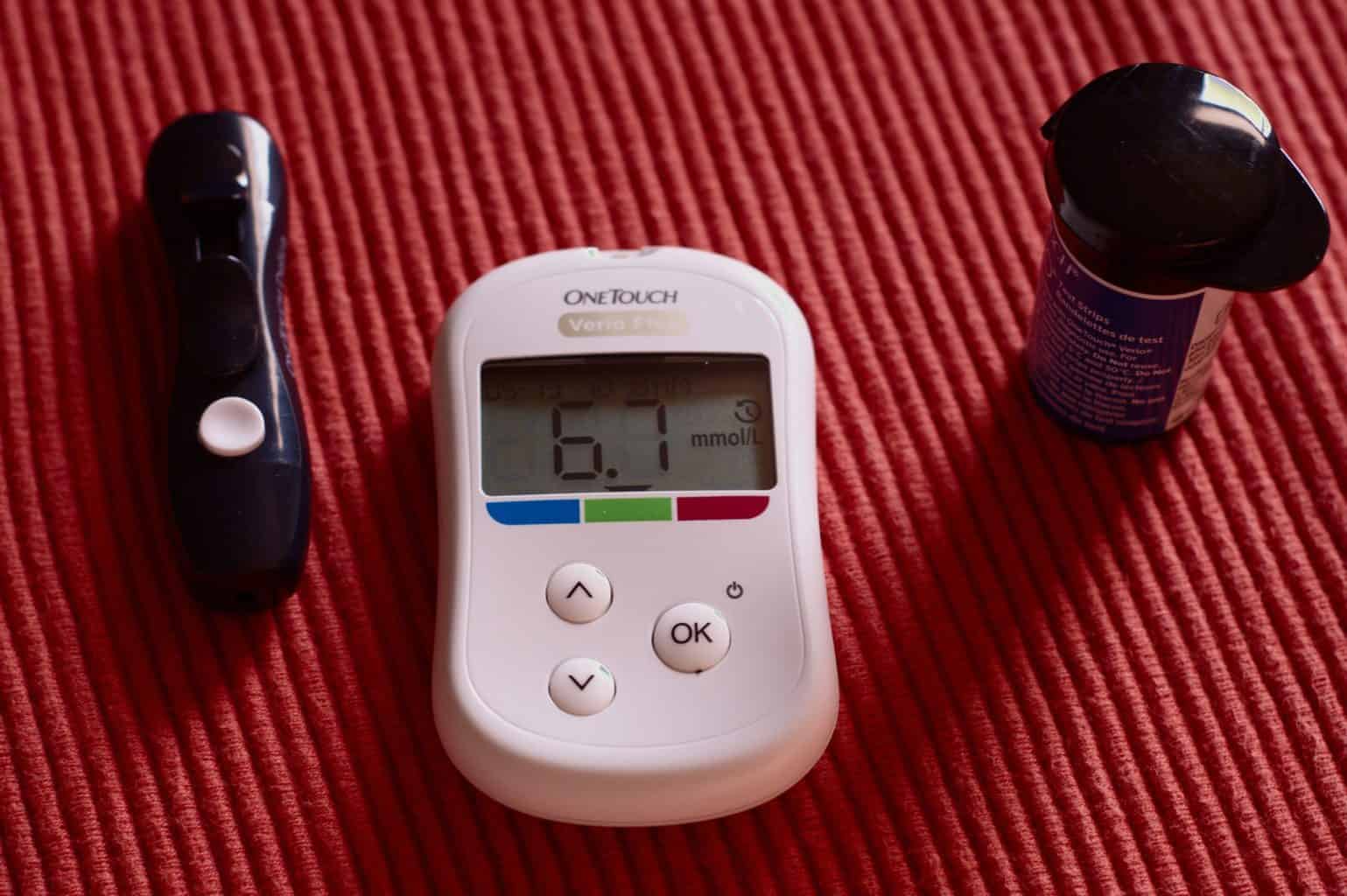Finding out your child has type 1 diabetes can be a frightening discovery. The thought of having to administer insulin and create personalized diet plans may not be easy to process. Nonetheless, you should rest assured that type 1 diabetes is a manageable condition, and your child can still go on to live a happy and healthy life.

Once your child has been diagnosed, the best thing you can do is learn as much as you can about the condition. Type 1 diabetes (T1D) is when the immune system is attacking and killing cells in the body that produce insulin. In terms of why this happens, scientists attribute it to genes or environmental factors like viruses.
Now that you’ve got a basic understanding of what T1D is, you can start focusing on how you can help your child manage this lifelong condition. Although it may be a steep learning curve, here are tips and advice for parents whose children have just been diagnosed.
Have a Conversation with Your Child

When your child is diagnosed with T1D, you may be wondering how you’re going to break the news to them. Irrespective of their age, it may be a difficult conversation to have, so think about the best way to do it. Explaining what T1D is and what is happening inside of their body as a result could help them better understand. You could tell them that their body no longer produces insulin, a hormone used by cells to transform sugar into energy. For this reason, they’re going to have to start taking insulin so that their blood sugar levels are kept in range.
After explaining what T1D is and how it affects their bodies, educate them about the risks in a way that isn’t too scary. They should also be aware of other diseases they could be at risk of, like venous disease, which can occur at the same time as T1D.
Be ready to answer any questions that they have and address any questions, worries, concerns, or fears. Above all, reassure your child that them getting T1D isn’t their fault and there’s no way to prevent it.
Manage Their Diet

One of the most challenging things about being diagnosed with T1D for your child may be having to change their diet. This is especially true if they’re a picky eater or enjoy certain foods that aren’t good for their blood glucose levels.
Sit down and educate them on foods that they can eat as well as ones they should stay away from. Also, determine which snacks they can take with them to school, as they may not be able to eat the same foods as their peers. Examples of snacks that won’t spike their blood sugar are hard-boiled eggs, hummus with cherry tomatoes, and celery sticks with peanut butter. For the most part, eating as healthy as they can will not only keep their T1D in check but will help them maintain lifelong health. One healthy habit is to replace sugar with stevia or birch sugar. Fried foods that have excess saturated and trans fats are a no go area too.
So that your child feels supported, get the whole family to adopt a healthier diet and lifestyle. This could mean having similar meals to your child so they don’t feel isolated or singled out. When your entire family eats cleaner, it could help the development of healthy eating habits and inspire better diet choices.
Learn About Medication

Aside from diet, another important aspect of managing T1D is keeping up with the treatment. This will be a whole new world for you to navigate, so have as much understanding as possible. A core medicine that will be needed is insulin, which is a hormone that helps get glucose into their body’s cells so it can be used for energy. It can be administered through a pump or injections depending on which your child finds easier. They may also need long-acting insulin medications such as Toujeo in addition to other pills or tablets to help their bodies produce more insulin. Your doctor will determine how many doses they need a day as it depends on your child’s diabetes management plan.
Outside of giving your little one insulin, another activity you’ll need to do is blood sugar monitoring. You can use blood glucose test meters or test strips to do this. Lastly, carbohydrate, fat, and protein counting are needed to keep their glucose levels stable and help maintain their diet.
Be aware of the cost of treatment for your child and know whether it will be covered by your insurance provider. Laws in 46 states and the District of Columbia require private market health insurance coverage for people diagnosed with diabetes and enrolled in a health plan. However, if for any reason you aren’t covered, you can get help with costs from state-based patient assistant programs or pharmaceutical co-pay coupons.
Take Care of Yourself

Blaming yourself could be an initial reaction to finding out your child has T1D. You should know that it isn’t your fault and guilt-tripping yourself won’t make the situation better. Instead, focus your energy on learning so that you can help your child to the best of your abilities. Your healthcare team can give you useful information and clarify anything you’re unsure about. Some members of the team to stay close to are your doctor, endocrinologist, diabetes educator, and dietician.
If you find that you’re becoming overwhelmed, see if there are ways that you can get support. Associations like JDRF and the American Diabetes Association can provide useful advice and information. A social worker or psychologist could also help you and your child adjust to your new life and routine. Aside from professionals, build a home team that consists of friends, family, teachers, and people who want to see both you and your child thrive.

